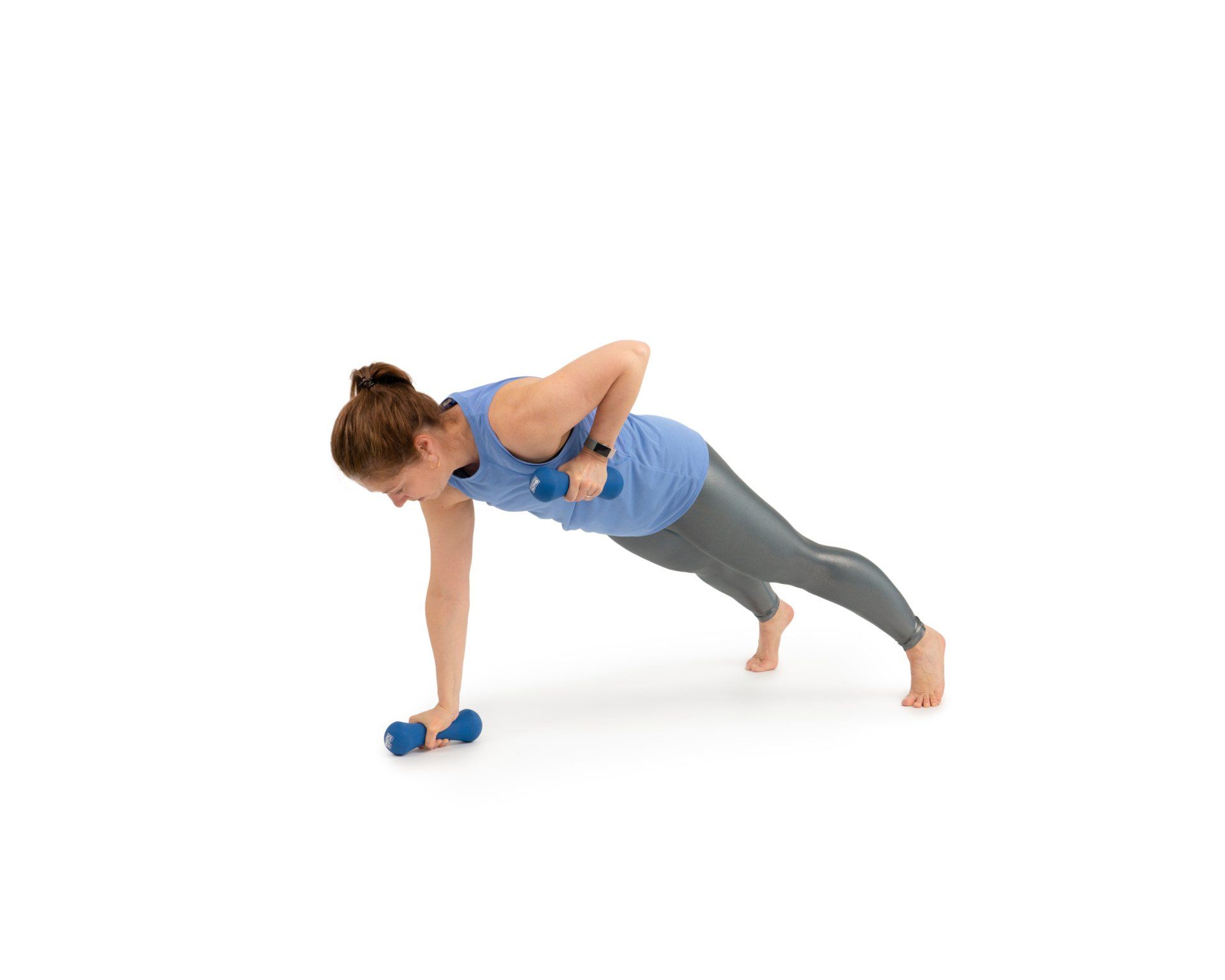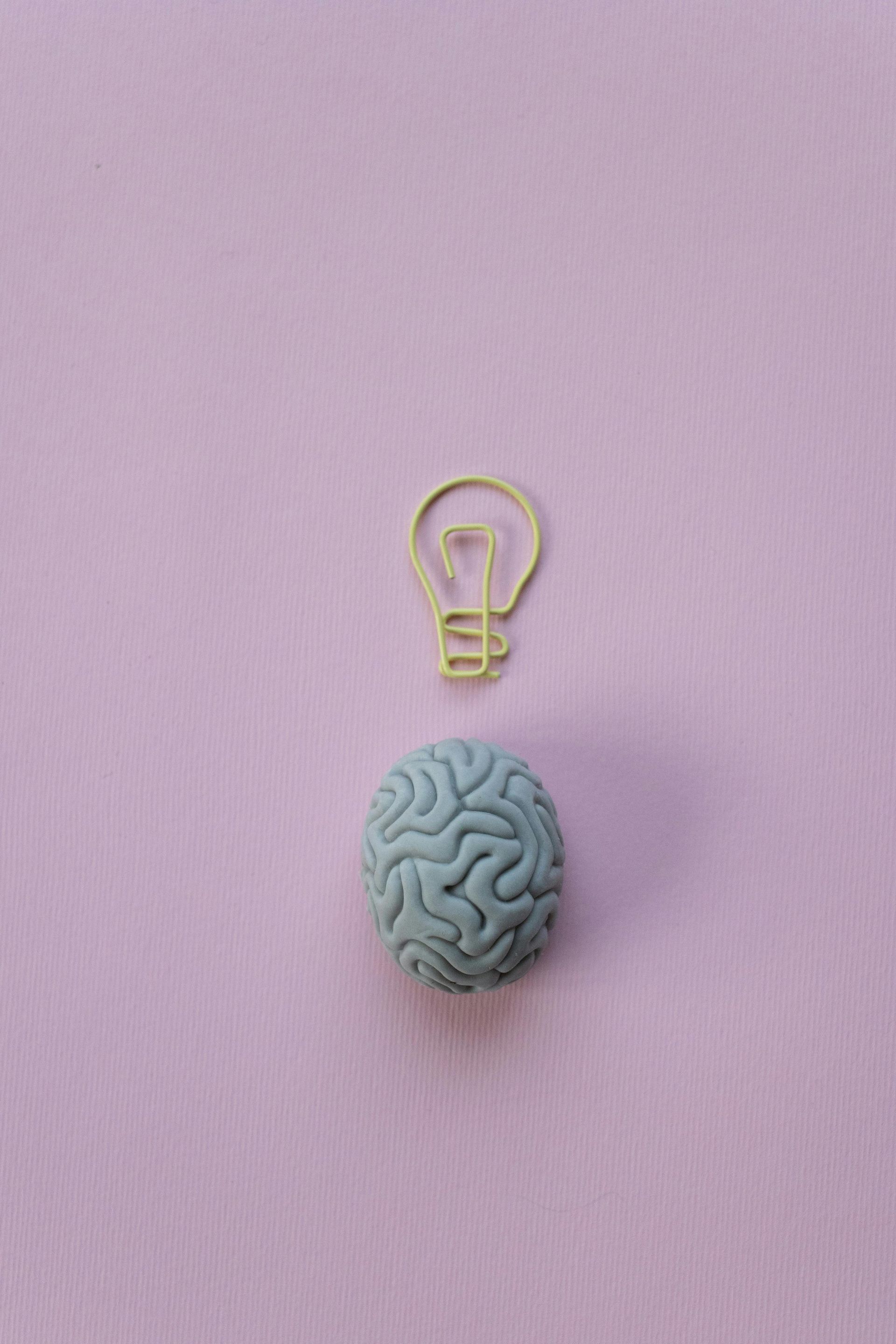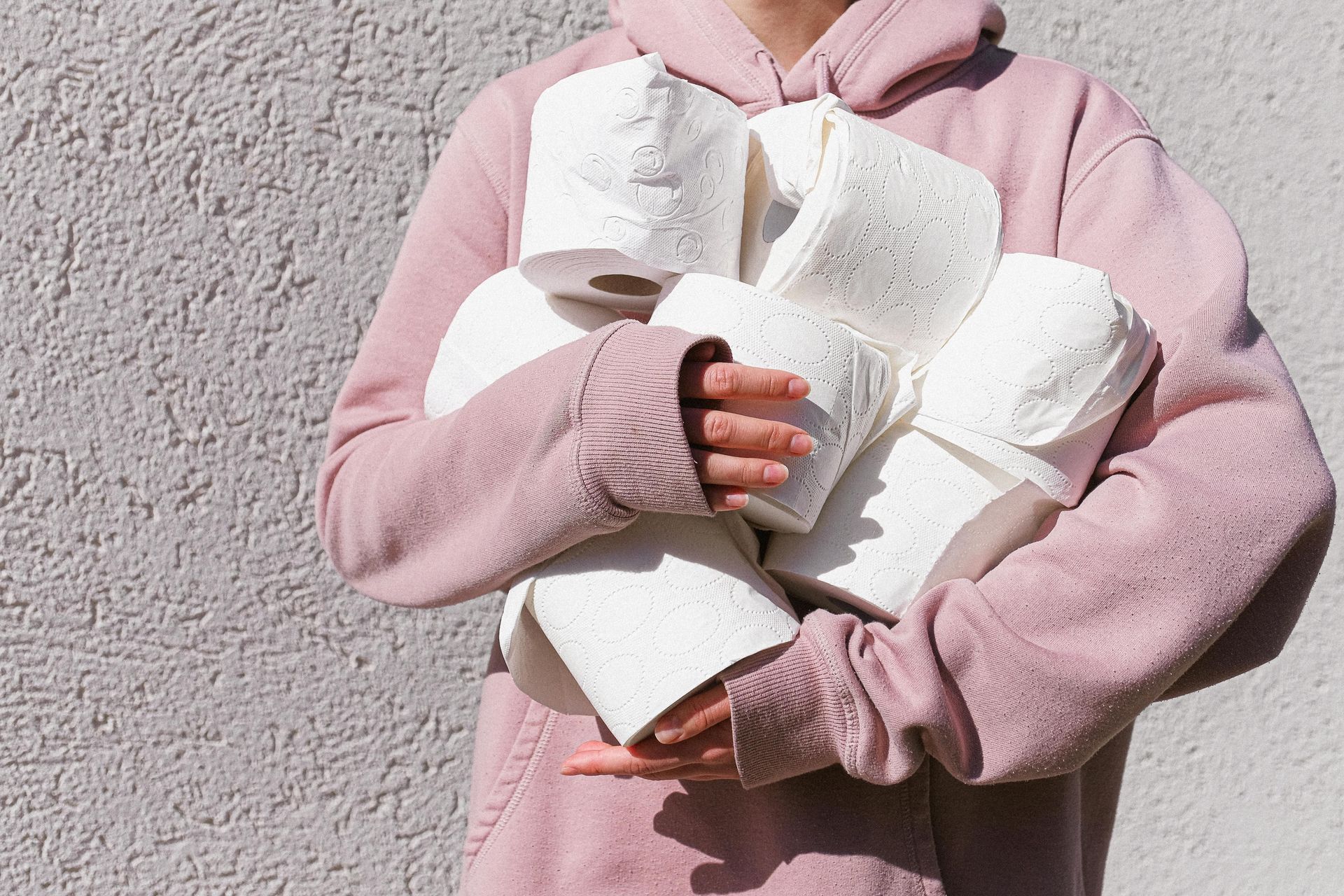Sorry to burst your bubble, but no..
It’s a question I get asked fairly often. If you’re looking to lose weight, Pilates can certainly be one of the tools you use.
But if your Pilates class is your only form of exercise, and you make no other changes to your calories in and out, you’re unlikely to lose weight.
That means that if you see other people posting claims to “lose your belly fat” or “do Pilates to get a long, lean body”, they’re talking crap.
If you’re interested in reading all the studies (and who wouldn’t be?!), you’ll find links to them at the bottom of this blog, along with a link to some of my other blogs.
Will I lose weight doing any exercise?
Weight loss happens when you use more calories in a day than you consume. It’s called “creating a calorie deficit”.
Obviously, this is fairly simplistic and there are lots of other things that impact your weight on a daily basis, but calorie maths is the bottom line.
A Pilates workout won’t burn as many calories as an Aerobics, HIIT or Step class.
The number of calories that you’ll burn in Pilates varies will depend on the duration and intensity of the class. A shorter, beginner class will burn fewer calories than a longer more advanced class.
However, it’s worth noting that exercising alone, without changing your eating habits is not shown to help you lose weight.
While one hundred percent of the of the energy we gain comes from food, we only burn about ten to thirty percent each day with physical activity.
Is Pilates a waste of time for weight loss?
I've got an injury and exercise is difficult. Will Pilates help me?
If you still want to get all the other benefits of exercise but you're struggling with an injury, Pilates is great!
Mr A and I came to Pilates because he was struggling with recurrent back spasms. After fixing him for about the fifth time, his physical therapist told him to get to Pilates. I had to go to keep him company. The rest is history.
Because it’s low impact and focuses on improving strength, flexibility, endurance and stability, it means that we can work to improve how you move through your problem areas. We’ll work on all the muscles around the problem joint to relieve the stress on it.
For example, if you've got a knee problem, we’ll focus on improving strength through your quadriceps muscles (the big muscles down the front of your thigh), while ensuring that we improve flexibility through the hamstrings (the muscles down the back of your thighs);
If it’s a hip problem, we’ll be looking to increase the strength & flexibility of all your glute muscles (the group of three muscles in your butt); your hip flexors (the muscles in front of your hips) and your adductors (inner thigh muscles).
These aren’t the only areas we can work on.
Please always remember to advise your instructor of any injuries or issues so that they can provide you with the appropriate exercises.
As your ability to move improves, you’ll find that you may be able to increase the range of exercises that you do; and that walking and moving becomes less painful.
In summary, you’re unlikely to lose weight simply by taking Pilates classes (or any other form of exercise), but the other physical, and mental benefits of exercise mean you’ll feel better.
Links to studies and other blogs if you want to learn more about exercise/ Pilates and weight loss:











